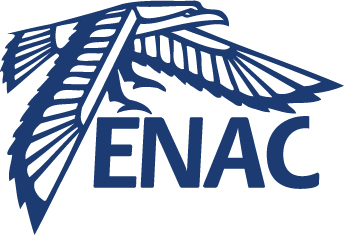Carrier-Phase Tracking of Future Data/Pilot Signals
Résumé
The upcoming Global Navigation Satellite Systems (GNSS) are being designed to solve some of the problems limiting the current GPS performances. The existence of several carrier frequencies for better ionosphere error estimation, and the use of new signal modulations for enhanced tracking performance are two important examples. The latter is mainly of interest when considering applications requiring high sensitivity as well as improved measurement accuracy. An important modification in most of the future GNSS signal structures is the availability of a dataless, or pilot, channel in quadra-phase with the usual data channel. It is well known that the presence of data bits limits the performance of carrier-phase tracking since the loop has to be insensitive to sudden 180° phase jumps. The choice of the phase discriminator, as well as the loop structure (Costas loop), has to be chosen to cope with such signals. The availability of a pilot channel allows for choosing enhanced phase discriminators and enables the use of a pure Phase Lock Loop (PLL). As a result, carrier-phase tracking significantly gains in terms of reliability and sensitivity compared to what is currently achieved. Moreover, since both data and pilot channels are in quadrature, they undergo the exact same errors, which enables their combined use in order to better assess the actual carrier phase measurements. The use of the pilot channel only, or of the combined data/pilot channels, is tremendously important for the carrier-phase community. Indeed, it will extend applications to more challenging environments and will provide increased reliability in the results. This paper first gives a brief overview of carrierphase tracking theory. The standard case of navigation signals with data is first investigated. This includes the choice of phase discriminators as well as the impact on carrier-phase tracking of the main sources of error such as thermal noise, oscillator phase noise and vibrations, and dynamics. The improvement brought by the availability of a pilot channel is then investigated and demonstrated through theory for several case studies. Finally, different methods, based on a combination of the data and pilot channels are discussed and thoroughly assessed to show how much the measurement accuracy can be improved.
